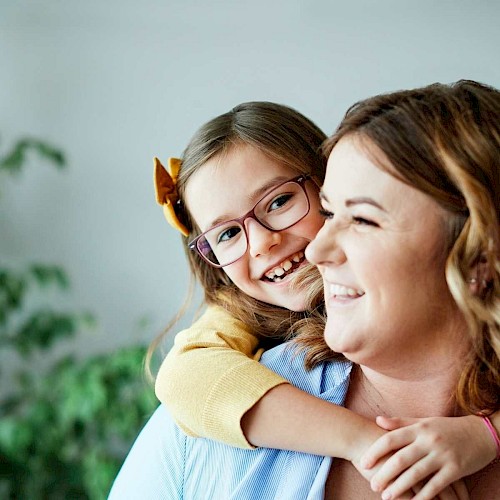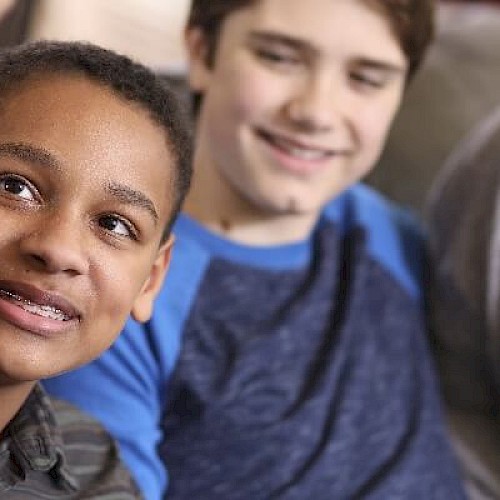Foster carers – there to support and nurture
Children and young people in need of foster care are unable to live with their birth parents for a period of time. Fostering can give families time to resolve their problems while children are safe and supported.


Why do children need foster care?
There are many reasons why a child might be in care - parental illness, temporary family issues, domestic violence or maybe even drug abuse. Other children may have been neglected or faced abuse. Each circumstance is unique. However, all will have suffered trauma of some kind.
Children in need of care sometimes:
- have specific learning difficulties or disabilities,
- be young parents with their own babies,
- be part of a group of brothers and sisters or
- be refugee children.
- Most will initially need to be fostered for a short period of time but sometimes this becomes long term and may even lead to adoption, or until they are ready to live independently.


Which children need foster care?
Teenagers
Many children in care are older, or teenagers. They’ll need foster carers who listen to them and help them make sense of the world. They’ll need plenty of patience and understanding as well as clear and fair boundaries.
Sibling groups
Siblings can take great comfort from one another at traumatic times of separation from parents. While having more than one foster child may seem a bit daunting, it is a priority for us to keep brothers and sisters together wherever possible.
Special needs
Some children have additional physical, behavioural or educational needs that require specialist care and attention. Diagrama Fostering offers dedicated support to all foster carers to ensure they feel fully equipped to work with any additional challenges they may face.
Unaccompanied asylum-seeking children
Refugee children will need additional support to see them through the process of applying for permission to stay in the UK, and possibly to prepare for their return. They may have additional emotional, practical, language and cultural needs. We support our foster carers with all these aspects of their care.
Parent and baby
Having a baby can be confusing and complicated. Parents may be more vulnerable than usual – more susceptible to mental health issues such as post-natal depression, or they may have special needs that affect their ability to look after their baby. This is an area of specialism and requires significant recording and reporting.
What age do children leave foster care?
Children can live with their foster family from birth until their 21st birthday. This follows a shift in the law in recent years. From the age of 18 – 21 this arrangement is called Staying Put. It allows for the foster child to remain with their foster family until they feel ready to leave – rather than when they turn 18 years old.


Could you support a child in need?
There are many different types of fostering and we recruit carers from a variety of backgrounds to meet the individual needs of each child. We offer comprehensive, ongoing support and training, and our team has many years of expertise supporting children with a wide range of challenges. Together, we can help those children reach their full potential.
 Diagrama Foundation
Diagrama Foundation
